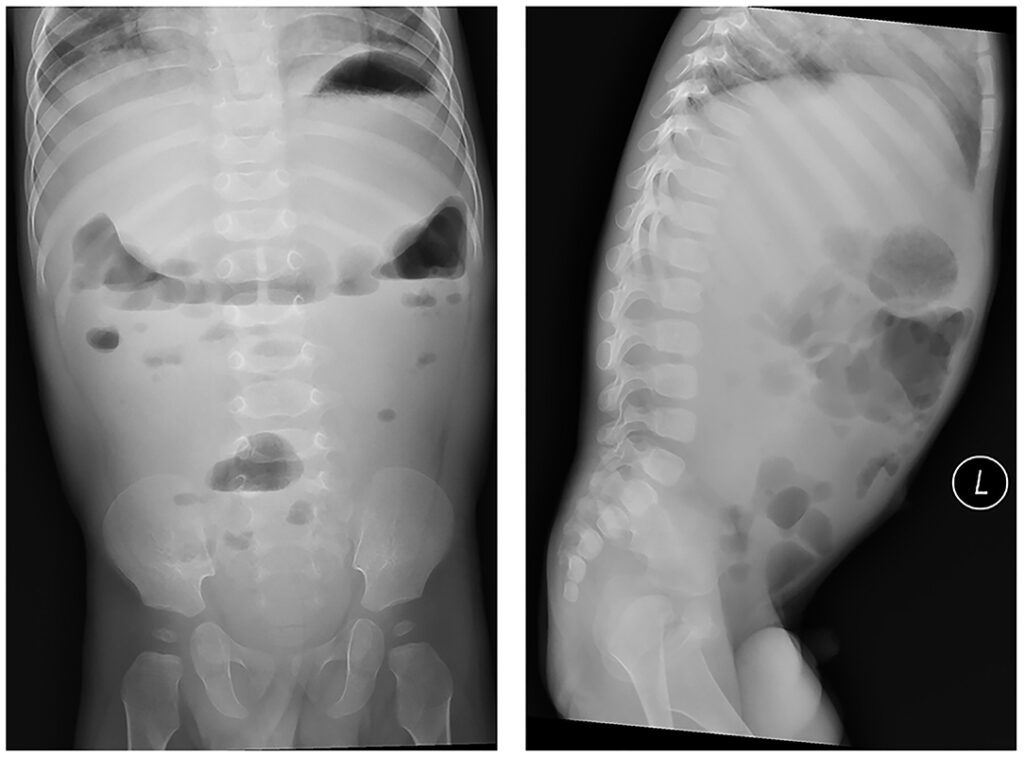Congenital Sucrase-Isomaltase Deficiency (CSID) is a rare inherited disorder that affects the digestive system, causing difficulties in the breakdown of certain sugars in the body. This condition is caused by a deficiency or complete absence of the enzymes sucrase and isomaltase, which are crucial for the digestion of sucrose (table sugar) and isomaltose (a sugar found in starch). Without these enzymes, individuals with CSID experience a range of gastrointestinal issues when consuming foods that contain sucrose or starch.

What Causes Congenital Sucrase-Isomaltase Deficiency?
CSID is a genetic disorder that is inherited in an autosomal recessive manner. This means that a person must inherit two copies of the defective gene—one from each parent—to develop the condition. The defective genes responsible for CSID are located on chromosome 3, and they prevent the body from producing functional sucrase and isomaltase enzymes. As a result, the digestive system struggles to break down sugars like sucrose and isomaltose, leading to malabsorption and various digestive symptoms.
Symptoms of CSID
The symptoms of CSID often present early in life and can vary in severity from one individual to another. Common symptoms include:
- Abdominal pain: This can occur after consuming sucrose or starch-containing foods, as the body is unable to properly digest these sugars.
- Bloating and gas: Undigested sugars ferment in the colon, leading to the production of gas, which causes bloating.
- Diarrhea: Due to malabsorption of nutrients, individuals may experience frequent diarrhea.
- Failure to thrive: In infants and children, CSID may lead to poor growth and weight gain, as the body is unable to absorb adequate nutrients from food.
- Nausea and vomiting: The discomfort caused by undigested sugars may result in nausea and vomiting.
- Flatulence: Increased gas production from unprocessed sugars often leads to excessive flatulence.
While these symptoms can be common to other digestive disorders, their occurrence after consuming sugary or starchy foods is a key indicator of CSID.
Diagnosing CSID
Diagnosing CSID typically involves a combination of clinical evaluation, medical history, and specialized tests. These tests may include:
- Enzyme activity assays: A definitive diagnosis is made by measuring the activity of sucrase and isomaltase enzymes in a biopsy of the small intestine.
- Genetic testing: Identifying mutations in the sucrase-isomaltase gene can confirm the diagnosis of CSID.
- Breath tests: Hydrogen breath tests may be conducted to measure the body’s reaction to sucrose or starch consumption, which can help diagnose carbohydrate malabsorption associated with CSID.
- Stool tests: Stool analysis may reveal undigested sugars or other signs of malabsorption, helping in the diagnosis.
Early diagnosis is critical to manage the symptoms and prevent complications associated with the disorder.
Treatment and Management of CSID
There is currently no cure for CSID, but the condition can be managed with appropriate treatment and lifestyle adjustments. Treatment options include:
1. Enzyme Replacement Therapy (ERT)
The most common treatment for CSID involves enzyme replacement therapy, which involves taking oral supplements containing sucrase-isomaltase enzymes. These enzymes help break down sucrose and isomaltose, allowing the individual to digest these sugars without experiencing gastrointestinal distress. ERT is usually taken before meals and can significantly improve symptoms.
2. Dietary Modifications
Individuals with CSID must avoid or limit their intake of foods high in sucrose and starch. This may include avoiding sugary snacks, beverages, and starchy foods like bread, pasta, and potatoes. Working with a dietitian to develop a balanced, low-sugar diet can help manage the condition and improve quality of life.
3. Probiotics and Digestive Support
Probiotics may be recommended to help balance the gut microbiota and improve overall digestive function. Digestive support supplements, such as fiber and prebiotics, may also be used to aid digestion and alleviate symptoms like bloating and gas.
4. Nutritional Support
In some cases, individuals with CSID may require additional nutritional support, particularly if they are experiencing malnutrition or failure to thrive. Nutritional supplements or fortified foods may be prescribed to ensure adequate calorie and nutrient intake.
Prognosis of Congenital Sucrase-Isomaltase Deficiency
With proper treatment, individuals with CSID can lead relatively normal lives. Enzyme replacement therapy and dietary modifications can effectively manage the condition and improve symptoms. However, if left untreated, CSID can lead to chronic malnutrition, failure to thrive, and other complications, particularly in young children. Early diagnosis and consistent treatment are key to achieving a good quality of life and preventing long-term health issues.
Living with CSID
Living with CSID requires careful attention to dietary choices and regular use of enzyme replacement therapy. It is important for individuals with CSID to work closely with healthcare providers, including gastroenterologists, dietitians, and genetic counselors, to manage their condition. Support groups and online communities can also offer valuable resources for coping with the emotional and social aspects of living with a rare disease.